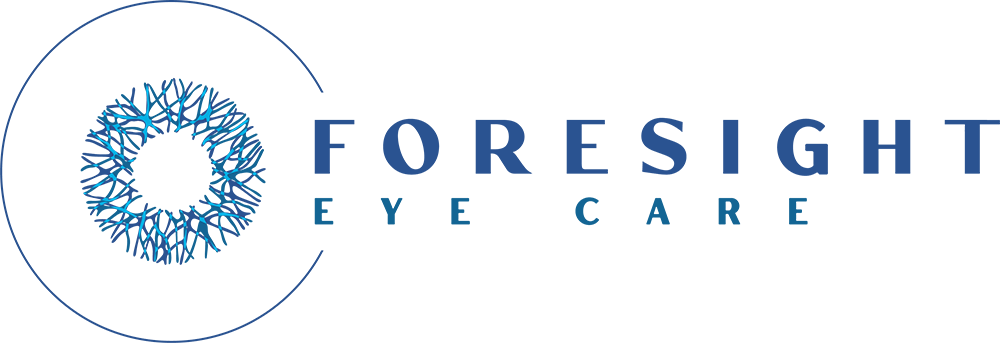
Myopia, also known as nearsightedness, is a common vision condition that affects millions of children and adults worldwide. It occurs when the eye grows too long from front to back, causing light to focus in front of the retina instead of directly on it. As a result, distant objects appear blurry while close-up vision remains clear. Myopia often begins in childhood and tends to worsen with age, especially during school years when the eyes are rapidly developing.
What Is Myopia Management?
Myopia management is a proactive approach that involves a combination of treatments and lifestyle adjustments designed to slow the progression of myopia. Unlike standard eyeglasses or contact lenses that only correct vision, myopia management focuses on addressing the root causes of nearsightedness to help reduce the risks of serious eye health complications in the future.
Why Is Managing Myopia Important?
If left unmanaged, progressive myopia can lead to higher prescriptions and increase the risk of developing eye diseases later in life, including:
Retinal detachment
Glaucoma
Myopic macular degeneration
Cataracts
The goal of myopia management is not just to improve vision but to protect long-term ocular health by limiting how quickly and how much the eye continues to elongate.
Effective Myopia Management Options
At Foresight Eye Care, we offer several evidence-based myopia management strategies tailored to your child’s specific needs:
Orthokeratology (Ortho-K): These are specially designed contact lenses worn overnight to gently reshape the cornea. Ortho-K not only provides clear vision during the day without the need for glasses or contacts, but it has also been shown to slow myopia progression.
Multifocal Contact Lenses or Glasses: Multifocal lenses are specially designed to provide clear vision at multiple distances while also helping to slow the progression of myopia. These lenses reduce eye strain during near work and have been shown to be effective in managing myopia in children.
Atropine Eye Drops: Low-dose atropine drops are used nightly to slow the elongation of the eye. This method is often recommended for children who may not be ready for contact lenses.
Lifestyle Guidance: We also emphasize healthy visual habits, such as spending more time outdoors, reducing screen time, and taking regular breaks during near work, which can positively influence myopia development.
Who Is a Candidate for Myopia Management?
Children between the ages of 6 and 17 with a history of worsening nearsightedness are ideal candidates for myopia management. Early diagnosis and consistent treatment can significantly reduce the long-term risks associated with high myopia.
Take the Next Step Toward Protecting Your Child’s Vision
Myopia management is a proactive way to protect your child’s eye health for the future. With early intervention and the right treatment plan, it’s possible to slow down the progression of nearsightedness and reduce the risk of serious complications.
Schedule a pediatric eye exam at Foresight Eye Care for a personalized myopia management plan for long-term eye health. Visit our office in Chappaqua, New York, or call (914) 238-3030 to book an appointment today.




